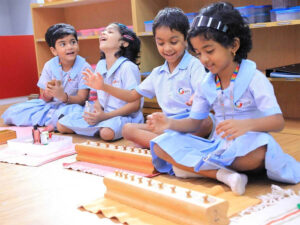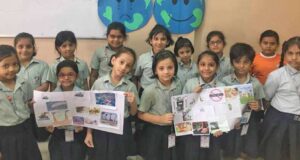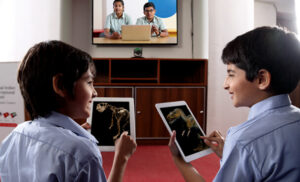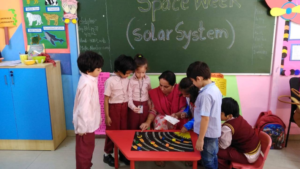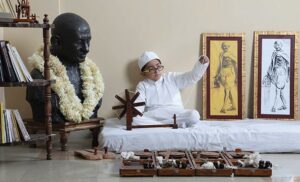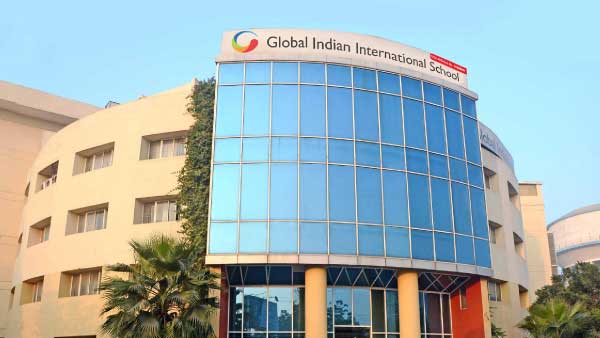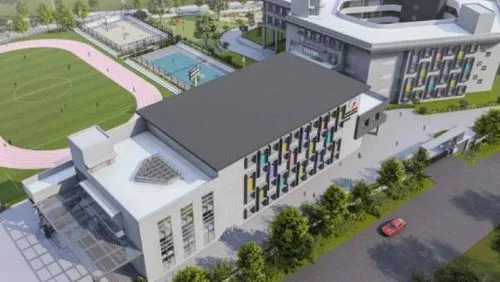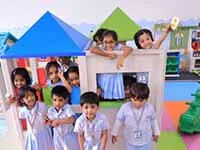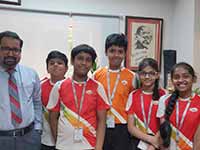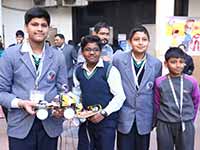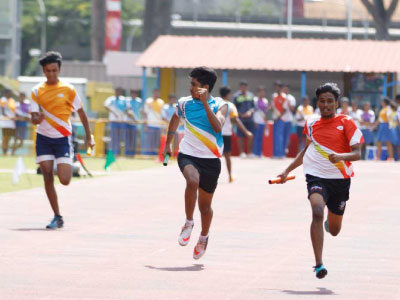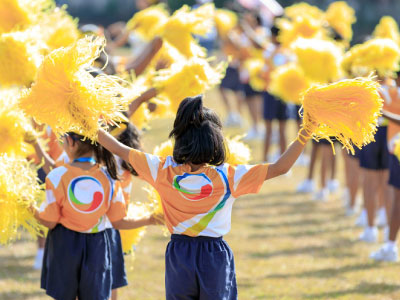During the initial years of a child’s life, the brain grows faster than at any other point. Over 85% of a child’s brain development occurs before age 6. That means what children learn in the pre primary section moulds the way they think and develop.
Thus, one of the main aims of pre primary education must be to set a strong foundation. And that’s just what the Global Montessori Plus (GMP) Curriculum does. Let’s have a look at how the GMP curriculum gets children ready socially and academically for the future.
What is the GMP Curriculum?
The Global Montessori Plus is a well-thought-out curriculum that brings together the classical Montessori curriculum along with contemporary global learning methods. It gives importance to both self-directed learning and the guided skill-building process.
The curriculum is mainly built around five core principles:
- Excelerate Programme (Literacy & Numeracy)
- Multi-Faceted Learning
- iCare Programme (Values & Emotional Intelligence)
- Interactive Games
- Future Ready Programme (STEM & Digital Exposure)
How GMP Prepares Kids for Primary Education
Strong Foundation in Literacy and Numeracy
GMP follows a phonics-based teaching method that develops reading skills and teaches children how sounds create words. That develops vocabulary organically from the early years. Many international curriculum schools in Noida also integrate rhyming games and storytelling to reinforce pre-reading skills.
On the math side, GMP employs kinesthetic toys such as beads, blocks, number rods, etc., to make the abstract numbers tangible. Kids are introduced to addition, subtraction, patterns, and sequencing through funny methods.
Social-Emotional Readiness
Apart from academics, the GMP pre-primary section teaches children how to work together through real-life activities like planting trees. Role-playing is also used to make the children emotionally stable. As per stats, such socio-emotional learning can improve academic results by 11%.
Group activities like ‘circle time’ are also practised to develop active listening skills from childhood. Kids will be taught how to communicate emotions and work out conflicts in a healthy manner. It’s a skill that lets them make healthy relationships throughout primary school and beyond.
Holistic Development
Just like the Montessori curriculum, GMP understands that each child is special. That’s why the curriculum follows a multi-faceted approach that covers visual, auditory, and kinesthetic learning methods. Children are exposed to hands-on art projects from an early age.
Such a broad approach feeds the cognitive development of the children. Storytelling techniques are also used to create imagination skills among them. Soon, kids will learn to discover and ask questions. All these align perfectly with one of the major aims of pre primary education: encouraging curiosity while supporting overall growth.
Building Independence and Confidence
Primary schools require routine and discipline, yet young children love exploring and making choices. GMP fills the gap.
2-3 hours of continuous learning teach children to concentrate. At the same time, students are free to choose activities and make decisions under the quiet direction of instructors. They are taught basic daily activities, from lacing shoes to arranging the desk so as to promote independence.
Teachers just instruct instead of dictating. That lets children adapt to the rules without losing creativity.
When they come into the more formal primary school environment, they already have the skills to handle simple routines. Thus, they can concentrate on tasks and obey instructions without being supervised all the time.
Future-Ready Through STEM and Digital Exposure
Nowadays, computer literacy is as important as reading and counting. The Future Ready Programme of GMP exposes children to age-relevant STEM activities and simple tech tools.
Kids practice digital art and basic problem-solving using smart boards. It instils an innovational mindset among them from an early age.
How GIIS Noida Prepares Kids For Primary Education?
At Global Indian International School, the best school in Noida, we understand that many children have difficulty adjusting to the abrupt transition from the pre school section to the formal primary system. We facilitate this adjustment by:
- Employ engaging activities to help children love learning from an early age.
- Encourage children to think and experiment for themselves. It develops a state of mind that is prepared for the more formal learning that is introduced in primary school.
- Assessing school preparedness through milestones.
- Our well-trained teachers stay in touch with each child to ensure that no one gets left behind during the transition.
- Our pre-primary and primary classrooms are under one roof. Kids are already familiar with the campus and some of the teachers. So, children will move on easily.
Conclusion
Early childhood must not feel like a rush to academics. It must give them a space to develop at their own pace, both socially and emotionally. A well-planned pre school section curriculum like GMP contributes to creating that solid foundation to prepare children for primary education.
Everything else falls into place when we do it right from the beginning. Because confident children make curious students.
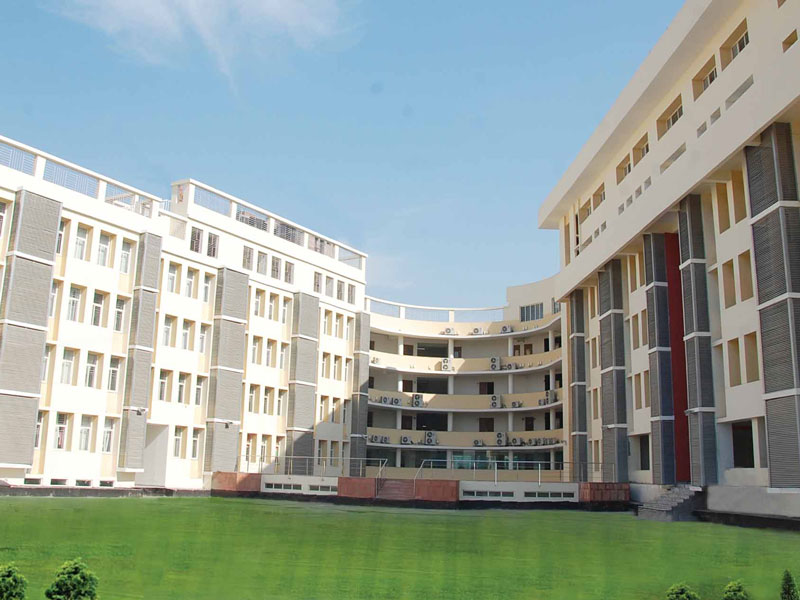 Noida Campus
Noida Campus



